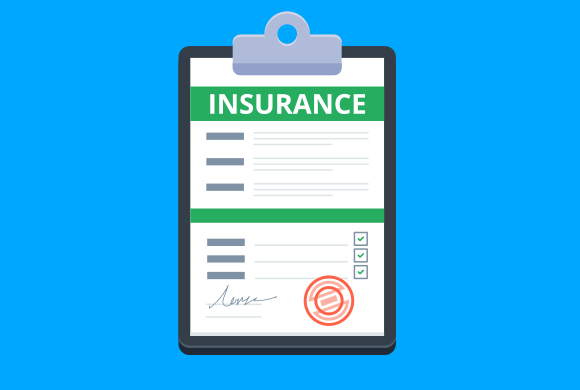Fill Below Form
Call me Back!
Please Enter Your Name
Please Enter Valid Telephone No
Please Enter Your Email


'Health is Wealth' and therefore, it's essential to care for you and your family's health. With rising costs of hospitalisation and medical treatment, having a health insurance/medical policy is essential. It not only ensures you don't go bankrupt after an illness, but also provides sufficient coverage. Most importantly, even if you don't have to avail it, you get health insurance tax benefits.
Investing in a medical insurance policy, saves not only money but also gives you income tax benefits.
Below are the health insurance tax benefits that you should know about. These will help you claim tax deduction under appropriate sections.
The Government of India (GOI) offers individual taxpayers a deduction on premiums paid under section 80D of the Income Tax Act. You can even avail benefits on premium paid to cover critical illness.
For Self and Immediate Family (Spouse and Dependent Children):
When it comes to health insurance tax benefits, you need to remember the following. In this case, you can claim up to INR 25,000 in a financial year, including the amount for you, your spouse and dependent children. In case you or your spouse is a senior citizen, i.e., 60 years and above, the deduction limit goes up to INR 50,000. The deduction extends to cover any health check-up of up to INR 5,000 you may have had in that financial year.
For Parents:
Medical insurance premiums paid for parents, or, legal guardians, is allowed for deduction up to INR 25,000 per financial year. If either of your parents is a senior citizen, then the maximum limit goes up to INR 50,000 per financial year.
The maximum qualifiable amount is always the lower of the actual premium, or, the permissible limit under this section. This must include the medical check-up amount.
If you have a dependent with a disability, you can claim health insurance tax benefits up to INR 75,000. This is based on the expenses incurred for nursing, medical treatments, rehabilitation, etc. In cases of extreme disability, you can claim up to INR 1.25 lakh. Dependents here include your spouse, children, parents or siblings. However, to claim the deduction, you will need to submit supporting medical certificates.
If you are being treated for a specified illness, you can claim a deduction of INR 40,000 for all the medical expenses incurred. If you're claiming on behalf of a senior citizen, the benefit limit is INR 1 lakh. This includes treatments for diseases given in Rule 11DD of the Income Tax Act. This deduction can be claimed for self, spouse, parents/guardians, children and siblings. Until F.Y. 2017-2018 you could claim a deduction for senior citizen (60-80 years) and super senior citizen (above 80), of INR 60,000 and INR 80,000.
Medical insurance premiums should be made either through online banking, draft, cheque or debit or credit cards to avail the health insurance tax benefits. A tax deduction is not allowed for instalments paid by cash. However, payments for the preventive health check-ups can be paid by cash and can be claimed for deduction. Moreover, tax benefits do not extend to group health insurance premiums, paid by your employer.
Now that you know about the health insurance tax benefits in India, it's time you stop worrying about high medical bills and get started with saving taxes on medical insurance.
Disclaimer: For more details on risk factors, terms & conditions please read sales brochure carefully before concluding a sale
Liberty Mutual Insurance Group Announces
New Joint Venture Partnership for Indian
Company
Chances are that you are among a large number of people who forget to renew their vehicle insurance ....
Registration Number: 150 | ARN:Advt/2018/March/26 | CIN: U66000MH2010PLC209656
2019 Liberty General Insurance Ltd.
Reg Office: 10th floor, Tower A, Peninsula Business Park, Ganpat Rao Kadam Marg, Lower Parel, Mumbai - 400013
Trade Logo displayed above belongs to Liberty Mutual and used by the Liberty General Insurance Limited under license. For more details on risk factors, terms & conditions please read sales brochure carefully before concluding a sale.